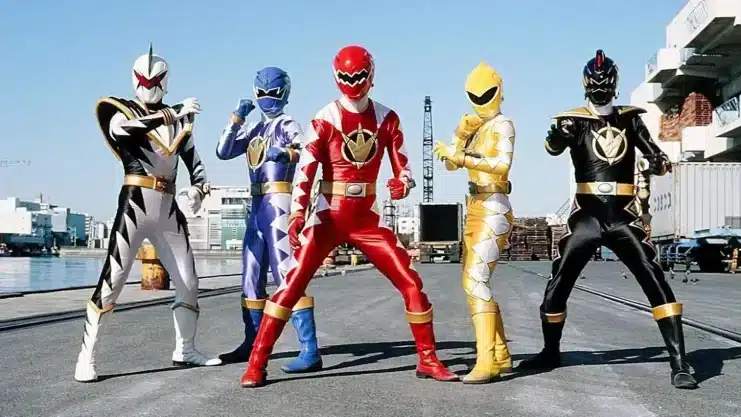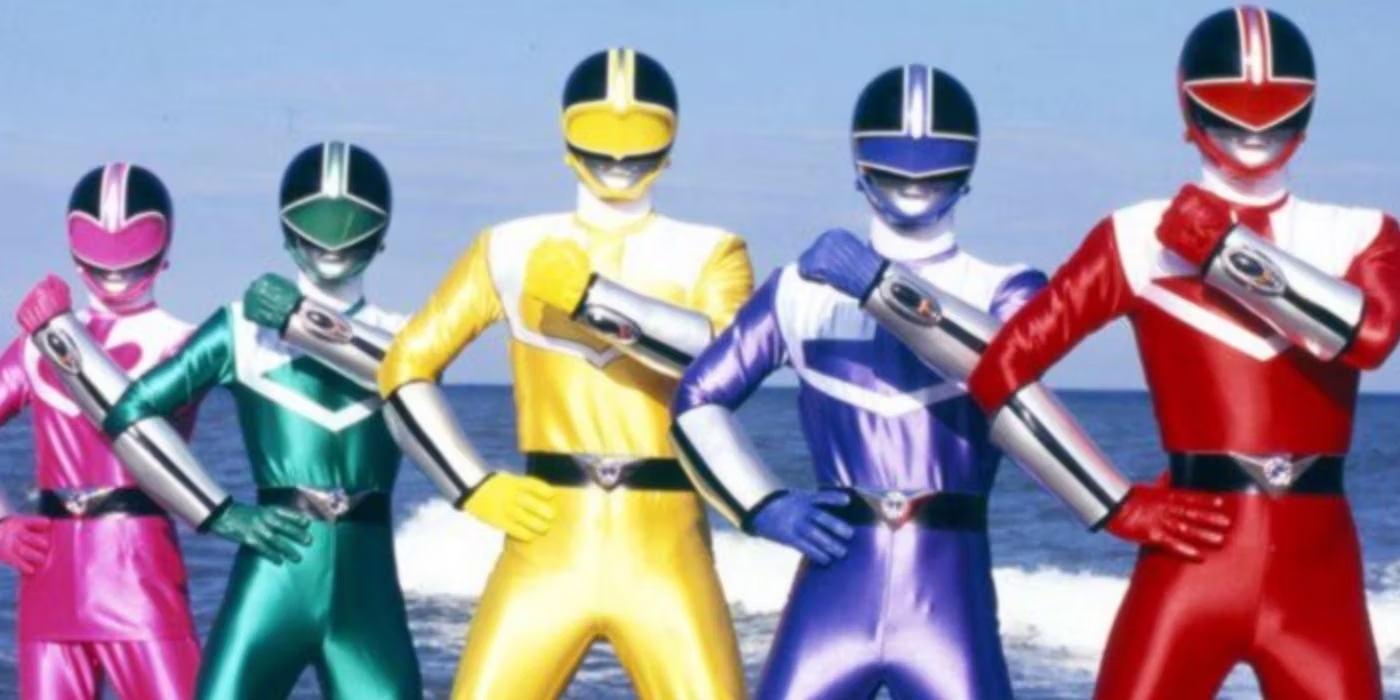
The screenwriter of the original series recognizes a failure that has gone unnoticed for years of Power Rangers
During the 90s, the Power Rangers They conquered television for children with their martial arts mixture, giant monsters and color costumes. But under that colorful and explosive facade, The series dragged a problem of representation that today makes us turn. Tony Oliver, the main screenwriter of Powers Morphin Power Rangersjust recognized in the documentary Hollywood demons What many have underlined for a long time: It was a mistake to combine the raid actors with the colors that have evoked the greatest number of stereotypes.
In Oliver’s same words: “None of us was thinking about stereotypes, and that’s why we let the black character was the black ranger and the Asian actress was the ranger yellow for two seasons. As long as my assistant indicated one day in a meeting. It was a big mistake.”

Invisible stereotypes in Power Rangers
The most shocking thing is that The production did not detect well the problem in films. While Powers Morphin Power Rangers He made his debut in 1993 and quickly became a mass phenomenon, two complete seasons passed before someone on the team said aloud what many already perceived. It was then that the question was presented that no one wanted to ask: how is it possible that the Black Ranger was an African American actor and the Yellow Ranger An Asian actress Without anyone considering it problematic?
The answer, according to Oliver and creators Haim Saban and Shuki Levy, Has to do with the cultural context in which they grew up. Both were born and raised in Israel, a country where, according to Levy, “being a color person is like being of any other color. It was not something we spoke or seen as a problem”. That disconnection with the racial sensitivity of the United States ended up going to the series without anyone warning him … at least at the beginning.
What adds the most wood to fire to the fire is that, as reported Variety, Oliver himself would have participated in the casting with a preconceived idea: They were looking for someone for the role of Black Ranger who had “swalder” (road charisma) and someone for the yellow ranger who was “quiet and peaceful”. This type of associations, far from being neutral, Give racist stereotypes and reductionists.


It should also be noted that Thuy Trag, who played Trini (The Yellow Ranger), It wasn’t even the first option for paper. Initially, the chosen one was Dubois audiences, who left the project for a wage dispute. So, in some way, everything was the result of a combination of coincidences … and a worrying concern for reflection.
The distribution changes which marked a before and after
The error did not remain in anecdote. During the second season, Walter Emanuel Jones (Zack, The Black Ranger), Thuy Trang and Austin St. John (Jason, The Red Ranger) have left the seriesLeaving the place to new actors who have broken, at least in part, with the association between color and ethnicity.
So they arrived Johnny Yong Bosch as Adam Park (New Black Ranger), Karan Ashley as Aisha Campbell (Yellow Ranger) and Steve Cardenas as Rocky Descent (Red Ranger). This replacement, although it has never been publicly justified by stereotypes, softened the dispute without resolving the debate on representation.


Today, the entire original series can be seen in NetflixAnd although many fans affectionately remember their adventures, this type of revelation invites Review the franchise with a more critical appearance.
A franchise that has not stopped evolving
Power Rangers has continued to renew for decades, with more than 30 seasons and dozens of new generations of Ranger. Over time, the franchise has introduced more different characters, Breaking with previous stereotypes and better adapt to current times.
However, the case of Zack and Trini remains one of the most popular examples of how An apparently innocent decision can have profound cultural consequencesEspecially when we talk about products aimed at children.
That the screenwriter himself recognizes the failure so many years later It is a courageous gesture, although latewhich shows how much it is necessary to continue talking about representation in the media.